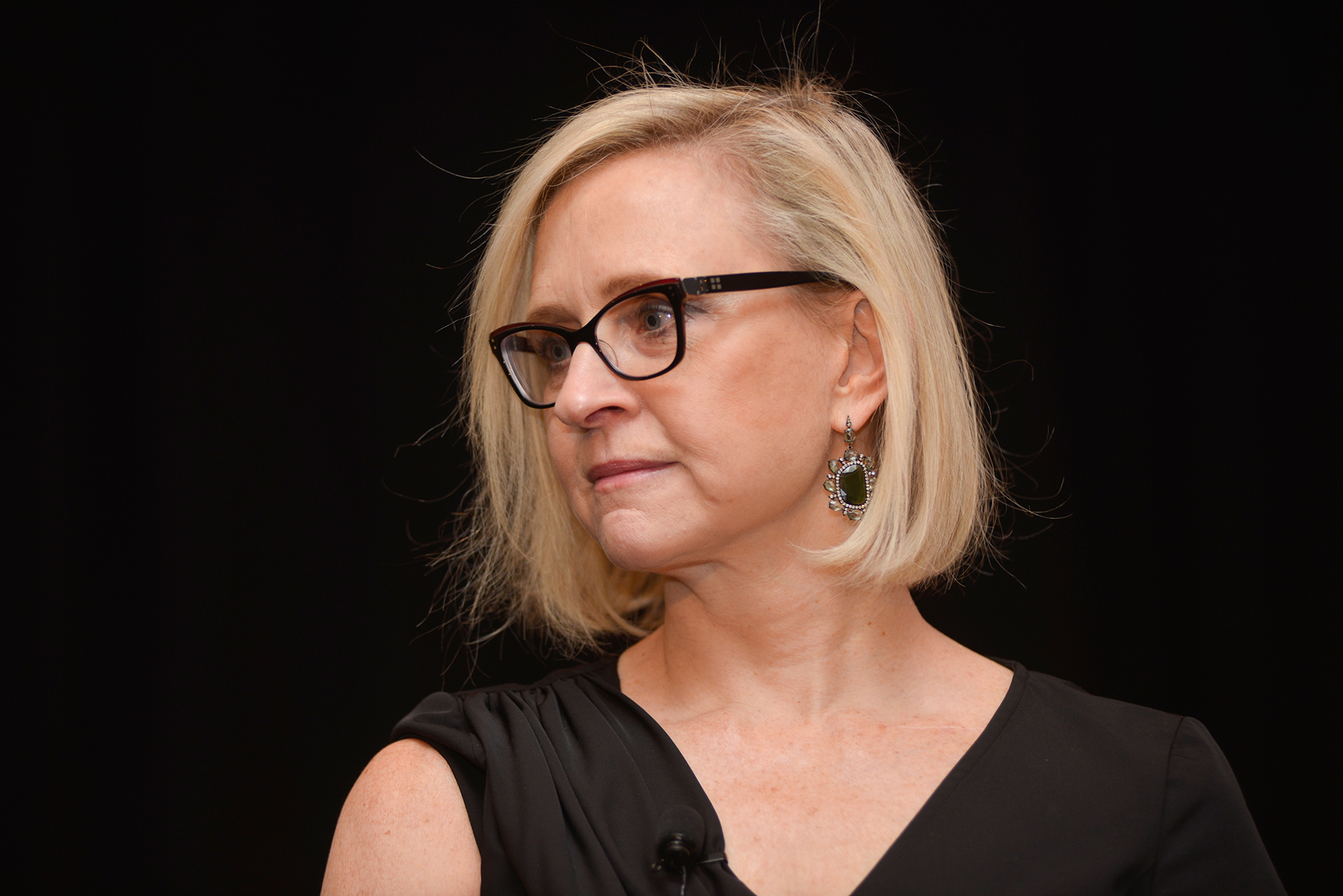2018 was a big year for big retail portfolio deals, with Unibail-Rodamco acquiring Westfield, and Brookfield buying GGP. But this is unlikely to continue in a looming environment of high interest rates, said a panel of experts at the ICSC New York Deal Making. Value-added one-off deals will be the trend this year, they asserted.

Greta Guggenheim, CEO and president of TPG Real Estate Finance Trust
Experts agree that interest rates are set to rise, and that equity and debt sources are going to become more conservative about which retail properties to help finance. “Without those big deals, retail transactions were down 37 percent in the U.S. this year," said Greta Guggenheim, CEO and president of TPG Real Estate Finance Trust, a New York City–based mortgage REIT. “Borrowers haven’t felt it yet. But as rates go up, cap rates go up. We are going to be more conservative, look for higher debt yields and more-conservative loan-to-values. We’re not seeing any mall deals, but we are seeing our value-add clients looking for financing. We’re only going to provide it if they’re putting more of their own equity into the project too.”
Rising costs are keeping a lid on new developments, observed some. Matthew Galligan, president of real estate finance at CIT, said his firm has done about 25 percent fewer construction loans this year than last year. “Land prices still haven’t come down, labor costs are high, tariffs are kicking in. It’s good for the market, because it’s causing less construction.”

Matthew Galligan, president of real estate finance at CIT
It is hard to do mall deals, Galligan said. “We have a $74 million commitment to the mall sector. Anchors are aging out, and there are co-tenancy issues, but I wish we could get $250 million to invest in the mall industry, because there are still selective good opportunities.”
D.J. Belock, CFO of institutional private-equity fund manager Sterling Organization, said rising rates will not slow his firm’s work on value-added investments, many of which are grocery-anchored properties. “We get returns by adding value,” Belock said. “Buying stabilized centers is more challenging, because you have to find returns based on cash flow.”

D.J. Belock, CFO of Sterling Organization
Lenders are lining up for premium properties because many have a low percentage of retail assets in the portfolio and need those properties to be top-shelf assets that perform well, noted Ben Bernstein, a principal at New York City-based developer-owner RedSky Capital. “We’re getting the best debt we’ve seen in years,” he said. RedSky owns retail blocks around New York City, including in the trendy Williamsburg neighborhood. Higher interest rates, too, will affect the way RedSky operates, he said. “We will be locking in long-term debt and trying to get more tenants to sign percentage rent deals.” Apple laughed when he asked for percentage rent, Bernstein said.

Ben Bernstein, a principal at RedSky Capital
RedSky is also adding more kick-out clauses to their leases and asking brokers for reimbursement if tenants fall short of sales and other expectations, said Bernstein. “The only major retailer that has survived the past 50 years is Walmart,” he noted. “Most of today’s retailers are new and young. A good percent will go bankrupt.”
By Brannon Boswell
Executive Editor, Commerce + Communities Today


